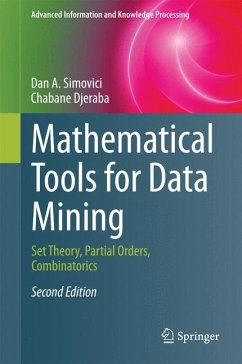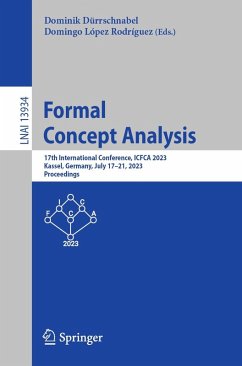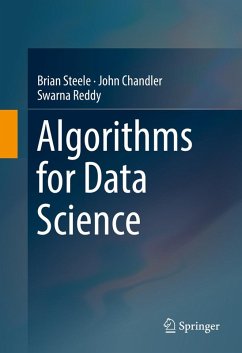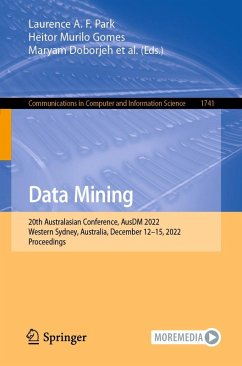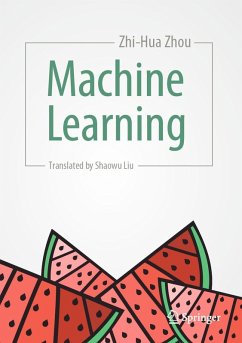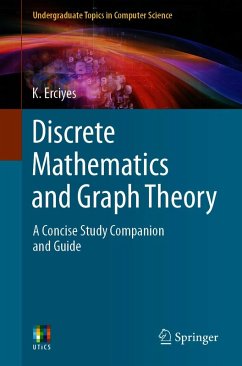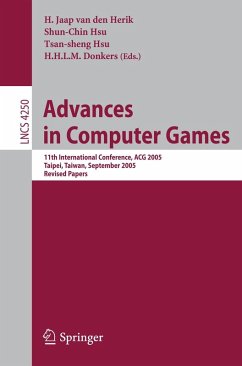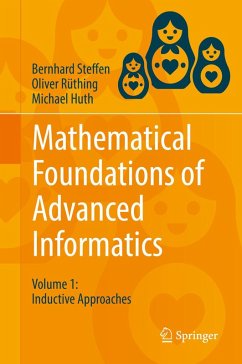
Mathematical Tools for Data Mining (eBook, PDF)
Set Theory, Partial Orders, Combinatorics
Versandkostenfrei!
Sofort per Download lieferbar
112,95 €
inkl. MwSt.
Weitere Ausgaben:

PAYBACK Punkte
56 °P sammeln!
This volume was born from the experience of the authors as researchers and educators,whichsuggeststhatmanystudentsofdataminingarehandicapped in their research by the lack of a formal, systematic education in its mat- matics. The data mining literature contains many excellent titles that address the needs of users with a variety of interests ranging from decision making to p- tern investigation in biological data. However, these books do not deal with the mathematical tools that are currently needed by data mining researchers and doctoral students. We felt it timely to produce a book that integ...
This volume was born from the experience of the authors as researchers and educators,whichsuggeststhatmanystudentsofdataminingarehandicapped in their research by the lack of a formal, systematic education in its mat- matics. The data mining literature contains many excellent titles that address the needs of users with a variety of interests ranging from decision making to p- tern investigation in biological data. However, these books do not deal with the mathematical tools that are currently needed by data mining researchers and doctoral students. We felt it timely to produce a book that integrates the mathematics of data mining with its applications. We emphasize that this book is about mathematical tools for data mining and not about data mining itself; despite this, a substantial amount of applications of mathematical c- cepts in data mining are presented. The book is intended as a reference for the working data miner. In our opinion, three areas of mathematics are vital for data mining: set theory,includingpartially orderedsetsandcombinatorics;linear algebra,with its many applications in principal component analysis and neural networks; and probability theory, which plays a foundational role in statistics, machine learning and data mining. Thisvolumeisdedicatedtothestudyofset-theoreticalfoundationsofdata mining. Two further volumes are contemplated that will cover linear algebra and probability theory. The ?rst part of this book, dedicated to set theory, begins with a study of functionsandrelations.Applicationsofthesefundamentalconceptstosuch- sues as equivalences and partitions are discussed. Also, we prepare the ground for the following volumes by discussing indicator functions, ?elds and?-?elds, and other concepts.
Dieser Download kann aus rechtlichen Gründen nur mit Rechnungsadresse in A, B, BG, CY, CZ, D, DK, EW, E, FIN, F, GR, HR, H, IRL, I, LT, L, LR, M, NL, PL, P, R, S, SLO, SK ausgeliefert werden.




